In wishing you a healthy New Year of the Rat, the Council has prepared a handy kit of 10 useful tips keep the virus at bay.
1: How to choose face masks?
Some of the face masks on the market claimed to be in compliance with standards such as the American Society for Testing and Materials (ASTM) Standard F2100-11, European Standard EN14683 or Taiwan Standard CNS14774 as reference for consumers in their choice. The Council has published in its monthly CHOICE 3 reports on: face masks (Issue 494)、hand wash (Issue 513)、 wet wipes and hand sanitizers (Issue 466) available for free download for your reference as well as posts on the CHOICE Facebook.
2: What do you need to know about wearing face masks?
Prior to wearing a face mask, wash your hands with liquid soap and water, or clean with alcohol-based hand sanitizers; the coloured side of a surgical mask should face outwards with the metallic/rubber strip uppermost. If a surgical mask does not have a colour, the side with folds facing downwards should face outwards. After removing a face mask, dispose it in a rubbish bin with cover as soon as possible, and wash your hands right away. Surgical masks are not designed to filter airborne particulate (PM2.5) pollutants, wearing a face mask will not shield you from air pollution.
3: What are the proper procedures in washing hands ?
Wet your hands and apply handwash, lather your hands by rubbing them together for at least 20 seconds (approximately the time taken to sing the English Happy Birthday song twice), and rinse your hands well under clean running water. Besides the palms and the back of each hand, don’t forget to rub and wash your thumbs, wrists, and areas between the fingers and nail cuticles, which are often neglected by most people.
4: How should you use liquid bleach to clean the household?
Regularly clean household furniture and utensils particularly on areas where you are in frequent contact, bathroom and floor must be cleaned daily with diluted domestic liquid bleach, non-metallic surface can use liquid bleach (containing 5.25% sodium hypochlorite NaCIO) diluted with water in the ratio of 1:99, while metallic surface can use 70% alcohol to clean and sanitize. After applying diluted bleach, clean the surface with water again and wipe it until dry. If the floor, furniture or clothes are soiled by body secretion or excretion (like vomitus, feces or sputum from respiratory patients), clear the excrement first, then use liquid bleach (with 5.25% NaCIO) diluted with water in the ratio of 1:49 to sanitize, then wait for 15 to 30 minutes before cleaning with water again and let dry. The rubbish should be wrapped properly and disposed in a rubbish bin with cover. Rubbish bin should be cleared at least once a day and cleaned regularly with 1:49 diluted liquid bleach.
5: Can air purifiers help prevent COVID-19?
In the past, the focus of the Council’s test on air purifiers was mainly on their air purifying performance in the removal of haze, dust mites, pollens and formaldehyde. Despite some air purifiers on the market claimed to be able to filter and exterminate pathological bacteria, consumers should not, however, rely on air purifiers to improve indoor air quality.
6: Do essential oils, white vinegar, or eating garlic really help kill virus?
Consumers should not follow blindly. What is most important is to keep clean and pay attention to personal hygiene.
7: Is the COVID-19 infection covered by VHIS insurance?
Should the insured of VHIS (Voluntary Health Insurance Scheme) be unfortunately infected with the disease, and assuming the symptoms were not a pre-existing condition, regardless of whether the policy is a standard or flexi plan or the related treatment/isolation is conducted in a public or private hospital, it will come under the protection of VHIS. Some flexi plans may even provide extra “isolation room charges” benefit to cover expenses exceeding the basic benefit for “wards and meals”.
8: Will your travel insurance cover the disease infection while abroad?
If your travel destination is declared an infected territory or issued with an Outbound Travel Alert (OTA) by the Hong Kong authorities, the insurance company is not obligated to provide compensation for this disease. Therefore, consumers should understand clearly the content and terms and conditions of their policies and in particular the interpretation of reasons for coverage and the definition of an epidemic infection to avoid disputes over future claims. Some plans expressly state that if the travel destination is declared as an infected territory or infectious disease area on the date of departure or before, it will not be covered by the insurance. Some stipulate that the insured can file a claim for only either “hospitalization cash allowance” or “isolation cash allowance”. In some plans, the “isolation cash allowance” is applicable if the insured is infected or suspected to be infected while abroad, and required to be put in isolation by the government there or in Hong Kong.
9: How do you file for an insurance claim upon return to Hong Kong?
If you unfortunately diagnosed with the disease during travel, travel insurance will generally provide overseas hospitalization, outpatient and surgical operation benefits according to its terms and conditions. Consumers should therefore remember to properly retain all receipts, certifying documents and medical reports, etc. for future insurance claim submission. Depending on the different policy contents, some travel insurance “medical expenses” benefits cover also follow-up treatment or consultation expenses upon return to Hong Kong, including even Chinese herbalist medication or physiotherapy.
10: Can global assistance service from travel insurance be of any help?
Travel insurance offering worldwide assistance services can offer the insured immediate assistance such as medical guidance, emergency medic transportation and return to home country after treatment, and home bound transportation for the deceased. But beware such emergency assistance services are applicable only if the insured is under a life-threatening situation or critically ill as assessed to be necessary by medical personnel at the assistance service centre. Otherwise, all expenses incurred will be borne by and charged to the insured.


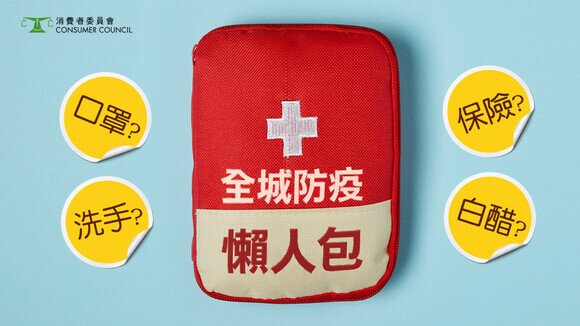




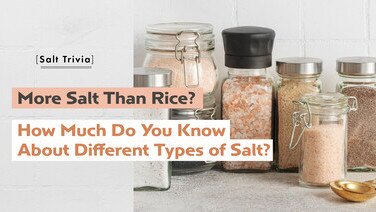
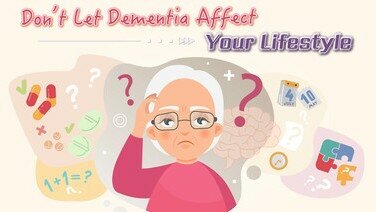
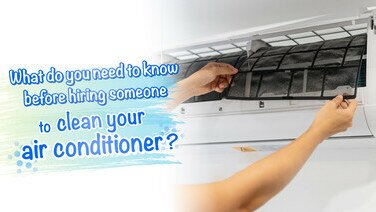
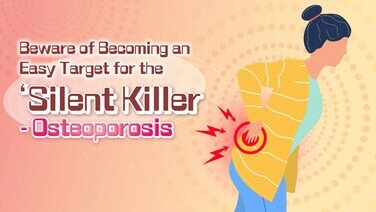
![[Handwashing Cold Knowledge] Debunking 4 common handwashing myths](/f/guide_detail/409326/376c212/43_4%E5%80%8B%E6%B4%97%E6%89%8B%E5%B8%B8%E8%A6%8B%E8%BF%B7%E6%80%9D_Eng.jpg)